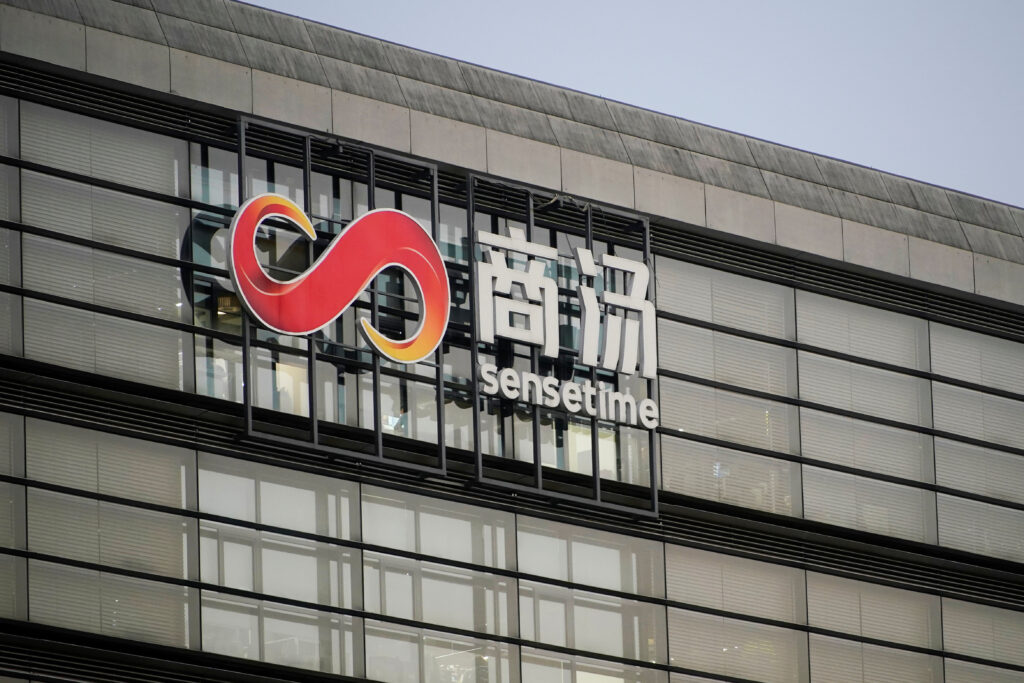
By Josh Ye
HONG KONG (Reuters) – China’s SenseTime unveiled on Monday a slew of new artificial intelligence-powered products including a chatbot and image generator, joining a global race ignited by the popularity of OpenAI’s ChatGPT.
Xu Li, CEO and co-founder of one of China’s largest AI firms, showed a live demonstration of the chatbot they called “SenseChat” writing an email and telling a story about a cat catching a fish when prompted by questions, as well as scripting computer codes.
The products were based off the latest version of the company’s SenseNova big model, which they have been developing over the past five years, SenseTime’s other co-founder Wang Xiaogang said. Big models are typically trained on massive datasets using powerful hardware.
Global interest in AI technology has soared since the debut in late 2022 of ChatGPT, a popular chat bot developed by U.S. company OpenAI which uses generative AI technology that learns from past data to create new text, images or computer code. Some governments are weighing the merits of AI, including risks such as privacy and copyright infringement.
“We have been focusing on developing our big models. In addition to our powerful AI infrastructure … SenseTime has also developed the ability to deploy big models across our product line,” said SenseTime’s co-founder Wang Xiaogang, adding that SenseChat contained more than 100 billion parameters.
The company, which has been sanctioned by the U.S., did not provide detailed plans for a product roll out, but said attendees could try out the products.
In addition to SenseChat, the company also showcased an image generator, a digital avatar creation platform and a pair of complementary 3D modeling tools at the event.
These applications are meant to work in tandem to help SenseTime’s clients to quickly create video in which the presenter, the environment and the products are all generated by AI in real time.
“We can generate a digital scene for a livestreaming room. The product creation and interactive content are all generated by AI, and the livestreaming room runs non-stop 24 hours a day,” Xu said. “In fact, you may not even be able to tell whether it is a real person doing the broadcasting at night.”
Shares in SenseTime, which is best known for its computer vision technology, soared last week after the company began sending out invitations for the event. The Hong Kong market, where the company trades, was shut for a public holiday on Monday.
A number of Chinese companies have been working on their own versions, including Chinese search engine giant Baidu which saw its shares plunge and then rebound after it unveiled its Ernie Bot last month. Ernie Bot is now open to a limited number of public testers.
In 2019, the United States put SenseTime on a trade blacklist after accusing it of developing facial recognition programmes that facilitate Beijing’s surveillance of ethnic Uyghurs in its Xinjiang region.
SenseTime said at the time that it strongly opposed the U.S. ban and would work with relevant authorities to resolve the situation.
Chinese tech companies are rushing to launch their answers to OpenAI’s ChatGPT with Alibaba Group expected to launch its Tongyi Qianwen AI chatbot on Tuesday.



